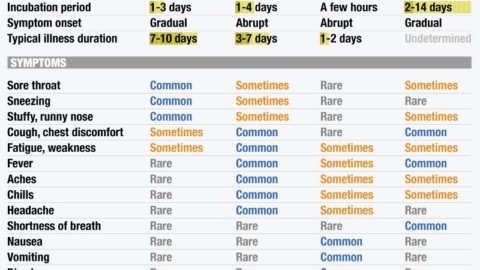The answer varies greatly depending on who your audience is. There is no denying there is a growing movement of medical professionals and health experts starting to change their tune about the affects of sugar and your diet on cancer cells.
Dr Cantely along with his team at Weill Cornell Medicine tout that sugar can accelerate the growth of certain types of cancer. “As we learn more and more about cancer metabolism, we understand that individual cancers are addicted to particular things. In a lot of cancers, that’s insulin—and sugar.”
They are doing impressive work creating links to what you eat and how you can fight and protect yourself against cancer.
Can the fad Ketogenic diet be the answer?
There are ongoing clinical studies as well as individual case studies proving the early work of Dr. Otto Warburg, a Nobel Prize-winning cell biologist. He made a hypothesis back in 1924 that cancer growth was caused when cancer cells converted glucose into energy through glycolysis in the presence of oxygen.
There seems to be a large gap of time between Warburg and the medical community implementing this knowledge with a common sense approach, the diet. Lately we have been seeing promising studies that indicate that diet can actually help save lives.
Here are a few studies that support this:
The Development of Tumours Under a Ketogenic Diet in Association With the Novel Tumour Marker TKTL1: A Case Series in General Practice, “In conclusion, the results from the present case series in general practice suggest that it may be beneficial to advise tumour patients to adopt a ketogenic diet, and that those who adhere to it may have positive results from this type of diet. “
Effects of a Ketogenic Diet on Tumor Metabolism and Nutritional Status in Pediatric Oncology Patients: Two Case Reports
“Results: Within 7 days of initiating the ketogenic diet, blood glucose levels declined to low-normal levels and blood ketones were elevated twenty to thirty fold. Results of PET scans indicated a 21.8% average decrease in glucose uptake at the tumor site in both subjects. One patient exhibited significant clinical improvements in mood and new skill development during the study. She continued the ketogenic diet for an additional twelve months, remaining free of disease progression.”
The Ketogenic Diet and Hyperbaric Oxygen Therapy Prolong Survival in Mice With Systemic Metastatic Cancer
“Results: Within 7 days of initiating the ketogenic diet, blood glucose levels declined to low-normal levels and blood ketones were elevated twenty to thirty fold. Results of PET scans indicated a 21.8% average decrease in glucose uptake at the tumor site in both subjects. One patient exhibited significant clinical improvements in mood and new skill development during the study. She continued the ketogenic diet for an additional twelve months, remaining free of disease progression.”
Ketogenic Diets and Cancer: Emerging Evidence an article written by Jocelyn Tan-Shalaby, MD. “Combining a ketogenic diet with standard chemotherapeutic and radiotherapeutic options may help improve tumor response, although more research is needed.”
The basic idea behind this article and other studies about the ketogenic diet is that the body, while in ketosis, switches from utilizing glucose to utilizing ketones and fatty acids as it’s energy source. Cancer cells require glucose to survive, therefore you are essentially starving the cancer cells and leading to their death.
The evidence is out there, that sugar/glucose does indeed accelerate the growth of many types of cancers. What is interesting to see how the medical community will react to these new studies indicating that a ketogenic diet could indeed be the silver bullet for cancer fighters.
What are your thoughts about these new studies?
Resources:
Ketogenic Diets and Cancer: Emerging Evidence
Increasing evidence of a strong connection between sugar and cancer




It would be great to try this theme for my businesses Mariana Ewen Hayden